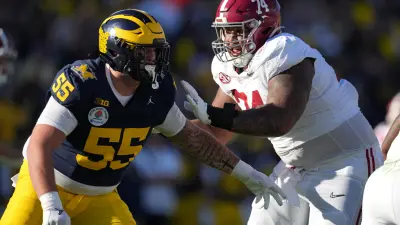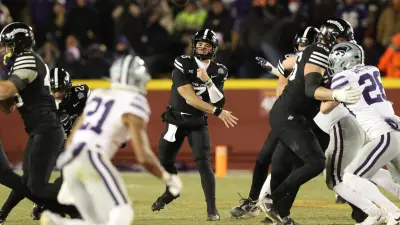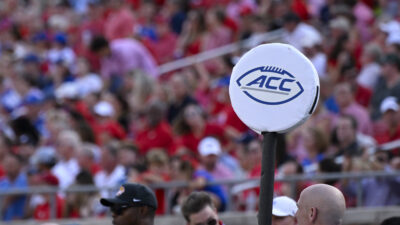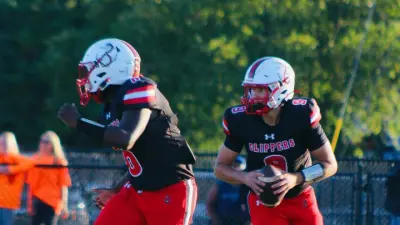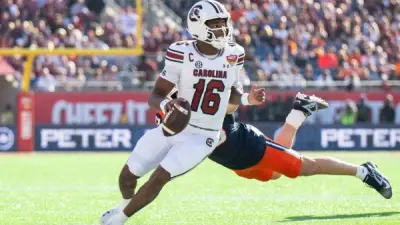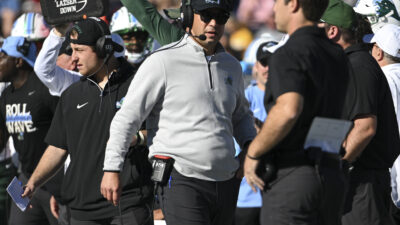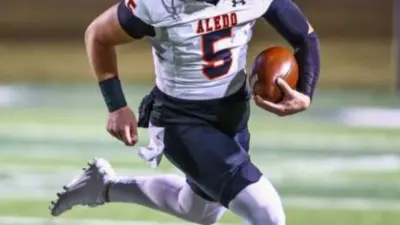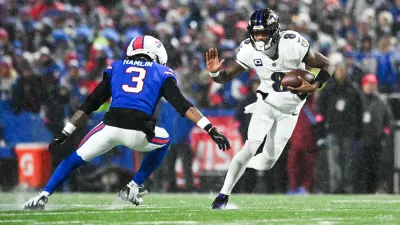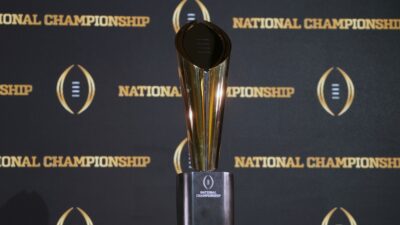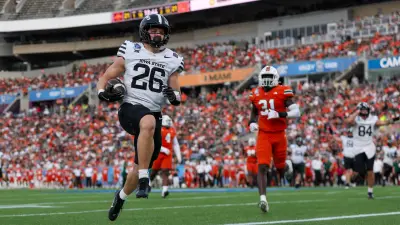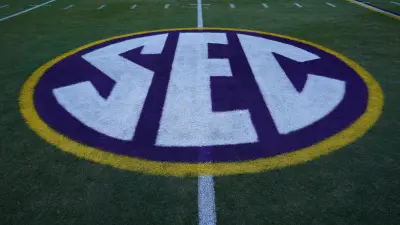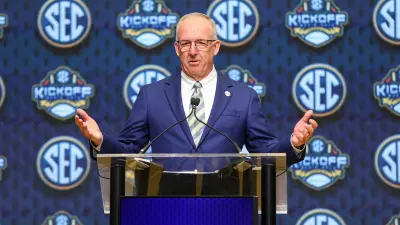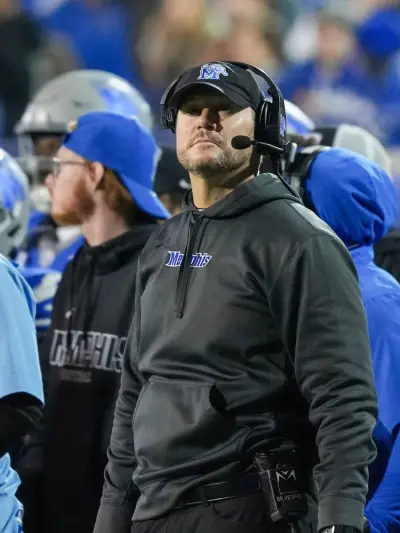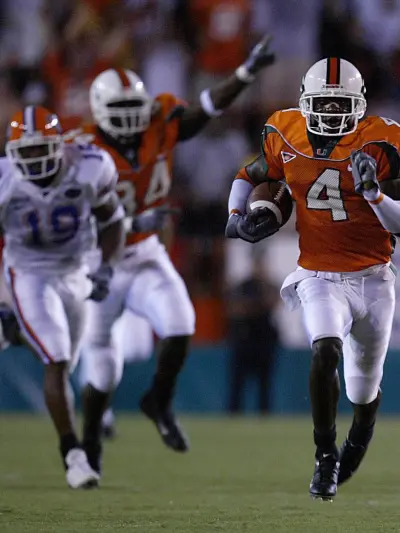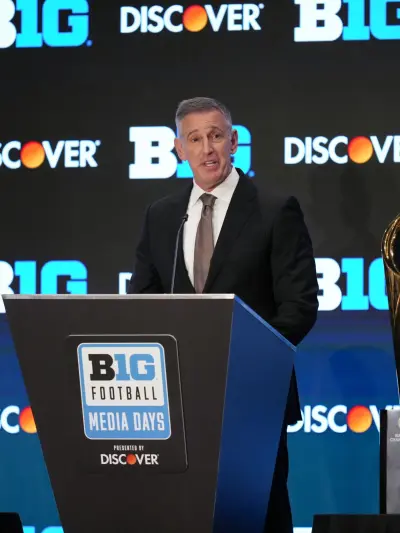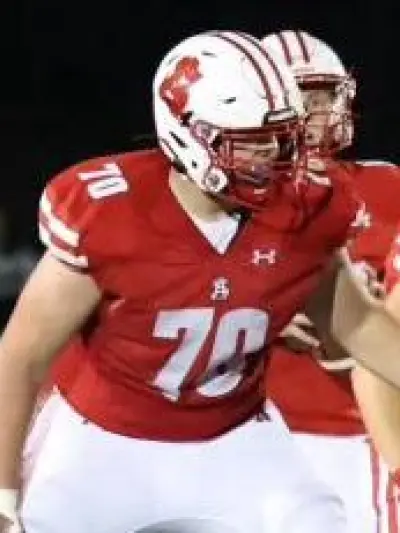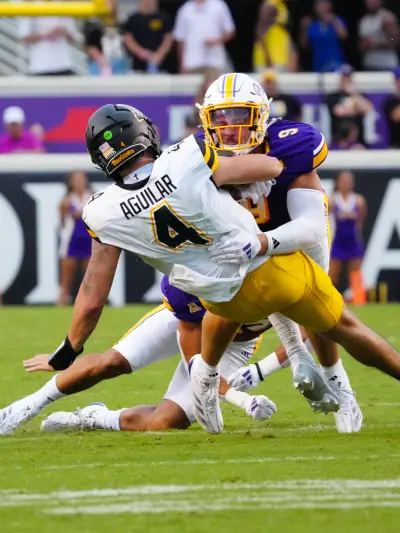by Kyle Golik
The definition of loyalty has many descriptions depending where you look. Loyalty is the unwavering allegiance to a cause, one dictionary I perused before preparing this article. For many fans, that would be how they would describe how players, coaches, and even in some cases their schools should be toward their efforts.
Since the arrival of Name, Image, and Likeness (NIL) laws, the Transfer Portal, and the rapid rise of opt outs, whether it is bowl games, NFL Combine, or university pro days, many fans and analysts have begun to question the loyalty of the players.
The most recent example is offensive tackle Kadyn Proctor’s whirlwind story of entering the portal and transferring to Iowa after Nick Saban’s retirement at Alabama and seemingly after a spring break rendezvous with former teammates, Proctor had a change of heart or seemingly he realized the grass wasn’t as green in Iowa as it was with Alabama.
The green may not be the differences between the Iowa fescues and the Bermuda Alabama grasses, but more the money and the perpetual free agency that rattles college football.
Mike Farrell anointed in a recent column Proctor as “the embodiment of what is wrong with college football.”
More Sports News
Farrell crushed Proctor’s character with the following rant:
“Kadyn Proctor needs to learn what a high road is sometime soon. He has to learn how to treat his character and ethics as well as he does his wallet. And he needs to be a lesson to everyone else. You can commit to a school and decommit; that’s life. You can chase a bag these days and capitalize on your Name, Image, and Likeness — that’s cool. You can transfer from one school to another and even back again if that’s the right fit. But you can’t commit to a school AND decommit AND chase a bag AND hit the portal AND go back to your previous school all in the span of 16 months or so. You just can’t. Well, obviously, you can, but you can’t if you want to keep your character intact.”
— Mike Farrell
While Farrell recognized the perpetual free agency and the almost likelihood of someone else will likely do something similar to Proctor, I feel Farrell, and many others are missing the redefining of loyalty. Not necessarily of the word, but more how fans have to perceive the word in this day and age of college football.
Merriam Webster under the definition of loyalty has you refer to the word loyal for a more clear definition but you have to begin to look at part of the definition where we might need to seek the answer.
One of loyal’s definitions is “unswerving in allegiance: such as faithful to a cause, ideal, custom, institution, or product.”
In many ways, Proctor is faithful to his cause to put himself in the best situation at any given moment. Proctor’s talent commands attention, and with no such legislation to prevent the situations Proctor had done, why question his character to leverage his talents to go to or in this case go back to where he can get to where he ultimately wants to be.
It’s easy through the “we” prism of loyalty to call him selfish, but when said player is no longer producing at a level of profitability of revenue, wins, or championships, they are dismissed by and large by fans, the schools, and others.
It’s hard to blame a player for getting what they can when they can, because when it is all over, it truly is over for them.
In a recent column, I wrote about the sudden wealth these 18 to 21 year olds now face, I posed the question, “Now take yourself back to the time you were in college between 18 and 21 years old. Were you mature enough to handle sudden wealth and the attention that commands?”
Let me ask another, put yourself in Proctor’s shoes, with all the talent in the world. You have Nick Saban retire, he doesn’t know who is coming in. He can’t trust “The Process” no matter how urgent Alabama was reacting and prioritized a hiring, they couldn’t guarantee a Kalen DeBoer would come to Alabama.
Proctor always knew he had Iowa in his back pocket, he leveraged it, but once he realized he made a bad business decision. Everything decision that players, coaches, and institutions make in 2024 are business decisions. And Proctor went back to what he knew because that would be the most profitable for the current and future state of the Proctor brand.
Take yourself back again to his age. With all the talent Proctor has, with a coach you came to play for leaving and no guarantees you will get a coach that is a similar caliber – do you stay or do you go? How do you rationalize it? Were you even mature enough to handle that situation? Even if Proctor wasn’t mature enough, he has no mulligans and is rationalizing the situation the best he can in what is his only opportunity in life to have this control with the talent he possesses.
Maybe the embodiment of today’s chaos lies within those who had the power to create the structure that athletes like Proctor can take advantage have. To me, to label any 19 year old, who had no say in the creation of this creation, they are what is wrong with a broken system is completely off base.
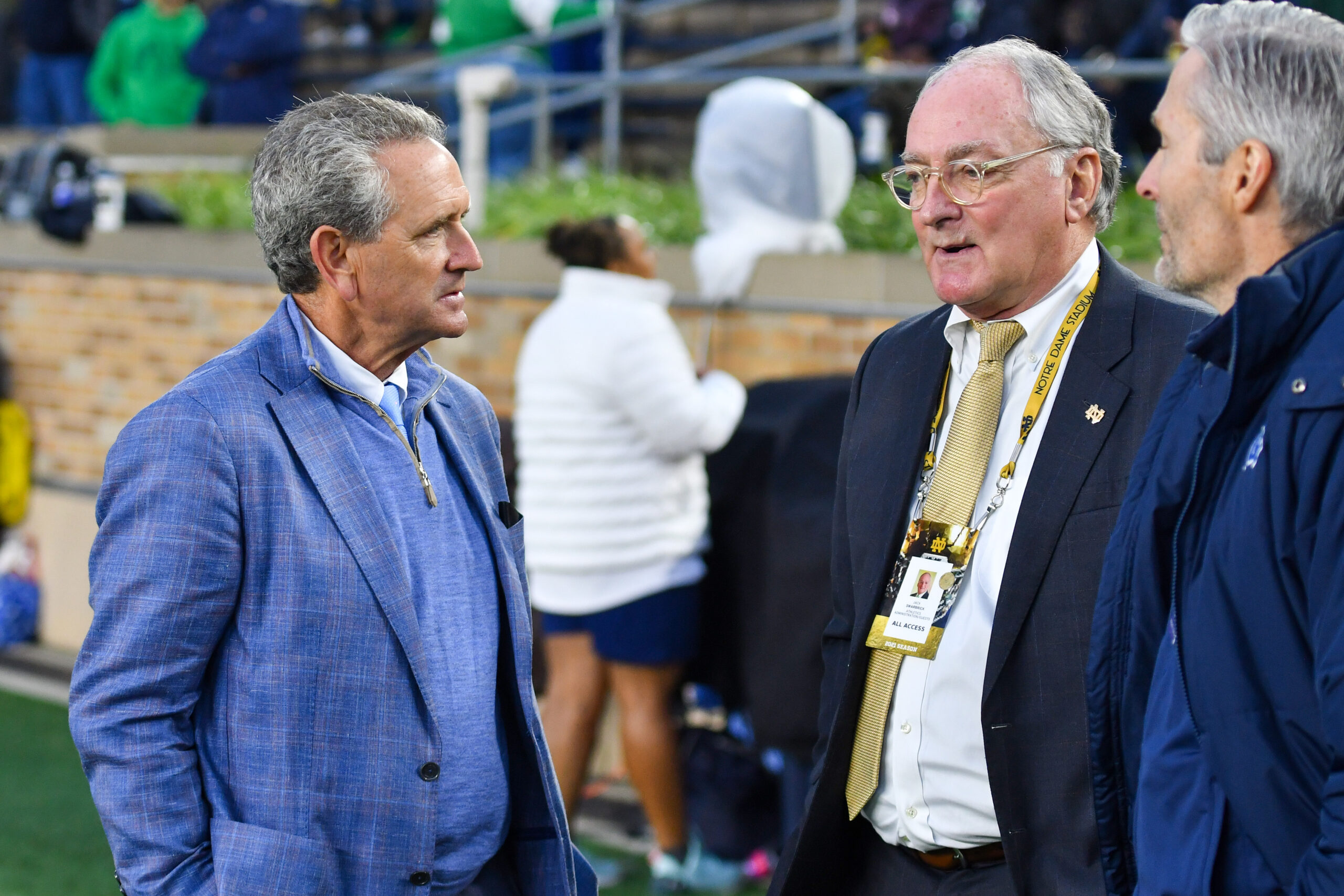
That “we” versus “me” may be at the heart of the ideological rift that North Carolina athletic director Bubba Cunningham and Board of Trustees chair John Preyer have for the future of Tar Heels athletics. Three months to the day Florida State filed a lawsuit against the ACC, Clemson joined the foray with their own lawsuit stating, “the ACC has cast a harmful cloud of doubt on Clemson’s ability to engage in meaningful discussions with other conferences and media providers regarding potential future collaborations and/or to negotiate alternative revenue sharing proposals among ACC members,” all eyes began to look at what North Carolina would do next.
Many analysts feel, if the ACC were to collapse, the most sought after school that the SEC and Big Ten would covet would be North Carolina.
“I think our obligation to the ACC is to be the best partner with our conference that we can possibly be,” Cunningham said to Inside Carolina. “I also think that we have to look at what is in the best interest of the university today and going forward. And I think you can do both.”
Cunningham talking a diplomatic approach to the ACC situation, trying to maintain a collaborative and healthy relationship to salvage the league, was met internally by Preyer with a complete opposite viewpoint understanding Florida State’s and Clemson’s lawsuit,
“I think that what Clemson is doing is 100 percent proof positive that a significant portion of the membership of the conference is unhappy, I don’t see how it is in anyone’s interest for the ACC leadership to try and browbeat its member schools from getting access to information and being transparent. And that’s kind of the case Clemson is making. I think this shows that what is supposed to be a member-based organization is not being led in a way that represents the best interests of all the members, but instead, it’s really representing the bottom tier of the membership at the expense of the top tier, which is why Clemson and Florida State are doing what they’re doing. I think that’s just obvious.”
— UNC Athletic Director Bubba Cunningham
Then Preyer zeroed in on Cunningham’s comments, “It is a potential conflict,” Preyer said, “and it’s something that is disturbing based on some of the comments he’s made recently which seem to support the ACC at the expense of Carolina – that’s a bad look… And I think that now is the time to be very open to pursuing all options, including those beyond remaining in the Atlantic Coast Conference.”
This redefined loyalty viewpoint of “me,” whether “me” is a player, coach, school, or conference, has to get back to a “we” culture.
At some point Preyer and Cunningham are going to have to address what is best for North Carolina ahead of the ACC and other schools.
There is a sense of selfishness in what I described, but when an athlete is no longer profitable, they are tossed like yesterday’s newspaper. The same goes for a coach. If they miss their window and things don’t go right, the school won’t remember the loyalty displayed, they are fired. With realignment, look at the loyalty Oregon State and Washington State displayed over a century in the Pac-12, when things got tough, everyone fled leaving them to figure it out.
In a sense, selfishness on our part is to demand unwavering loyalty from an individual or school and not allowing them to look out for their best interests.
At some point another player like Proctor is going to make a decision that is going to drive us all crazy, but no matter what is decided between the schools or players, maybe we all just need to begin understanding the loyalty prism has to be through a “me” prism and it really has always been this way.
Its just players, coaches, and schools have more tools at their disposal to leverage their interests these days more than ever before.
It was just the lack of tools not available in the past that masked the “me” prism we see today, something we as outsiders to the situation need to begin to take a consideration of.
